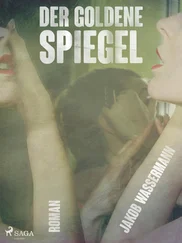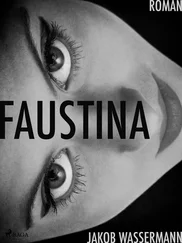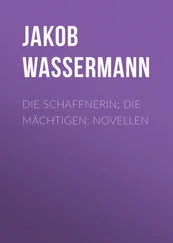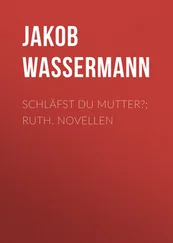Jakob Wassermann, who had lost his mother at the age of nine, repeatedly run away from a broken home, known starvation and rags, was mostly self-educated, and felt his Jewishness more and differently than many of the Austrians with whom he mingled, didn’t quite fit into such a scene. In terms of family, class, education, socialization, ethnicity, nationality, provincialism, he stuck out. Yes, he had the required ‘demonic’ touch — the allure of the French line of descent, Baudelaire, Rimbaud, Huysmans, Nerval, he was a reasonably early reader and admirer of Dostoevsky, and ‘demonic’ was also one of his favourite words, though with his risible Franconian accent he tended to mispronounce it as ‘temonic’ — only the noun that he paired it with when describing himself was ‘ Kleinbürger ’, or petit bourgeois, an extraordinary coinage and an extraordinary notion. It would be something like glorying in being a ‘demonic suburbanite’ or even a ‘demonic C2’. His lavish standard of living may have earned him envy and incomprehension, but it was the only thing that stood between himself and the abyss.
In terms of their respective typology, you can see Alexander Herzog as late- poète-maudit and Ganna as late-femme-fatale. The poor, gifted writer/orphaned seventh son will carry off the book-loving bourgeois-princess-cum-ugly-duckling. Then either she will remain an episode — a novella, so to speak — or else they will both be transformed, he by love and she by him. He will get over his coolness and disdain, she will discover wifely virtues. What other way can it be? It’s a foregone conclusion. Only this story doesn’t end with wedding bells and ‘happily ever after’ (it would be shocking enough if it did!). Art is short, life is long. Alexander fails to tame his Ganna; Ganna can neither mellow, nor hold him. He, with the beam in his eye, is fixated on the mote in hers; she, thinking she has him, lets him go. Neither can change, but both develop the full and terrifying range of their latencies. The strife gets deeper and wilder. We see it all. The poet finds himself over-matched by the bluestocking. She has resources and determination of which he had no inkling. She arms herself with finance, society, business, the law; she reaches into undefended places of his of which he had no idea. In the end, the demonic bourgeoise simply pulls rank, and has the temonic Kleinbürger on toast. He may sneer at the style of it — the carpet bag, the cloche hat, the dyed hair, the unaired smell — but he loses and loses and never stops losing: home, career, freedom, happiness. The book ends, and he hasn’t finished losing.
There was a third heading: the sheer intense and true drama of the story. It’s like the House of Atreus, or Oedipus, or Macbeth. It’s that very rare thing, a twentieth-century tragedy, played out with twentieth-century resources and recourses, with courts and banks and publicity. ‘In the depths, everything becomes law,’ says (a little surprisingly) Rilke. Things get worse, as calmly and methodically as in a Hitchcock movie. It’s not just what happens, it’s every stage of that happening; you start with a lobster and a bayleaf in a pan of cold water. What began by looking to the forever canny observer Arthur Schnitzler as a cold and blatant case of a marriage of convenience on Wassermann’s part, ends up with the man hounded, frankly, to death. It is the victim’s portrait in poison of his killer. Ganna — Julie Speyer — outlived Wassermann by almost thirty years.
Michael Hofmann, 2012
Bibliography and Acknowledgements
Barbara Hoffmeister: S. Fischer, der Verleger. Eine Lebensbeschreibung (Frankfurt, 2009)
Thomas Kraft: Jakob Wassermann (Munich, 2008)
Peter de Mendelssohn: ‘Jakob Wassermanns letztes Werk’ — afterword to Joseph Kerkhovens dritte Existenz (Munich, 1982)
Henry Miller: Maurizius Forever (San Francisco, 1946)
Jakob Wassermann: My Life as German and Jew (translated by S.N. Brainin, New York, 1933)
Julie Wassermann-Speyer: Jakob Wassermann und sein Werk (Vienna, 1923)
I would like to offer the Canton of Wallis/Valais my heartfelt thanks for awarding me a residency in Raron, where the translation was completed (though it seemed a shame not just to stare out of the window). Penguin were their usual brilliant selves — especially Louise Wilder, Anna Hervé and the wonderful Adam Freudenheim. Linden Lawson made valuable suggestions (I accepted them), as well as taking out many hundreds of evidently redundant commas that I left like crampons in the text.
M.H.
He just wanted a decent book to read…
Not too much to ask, is it? It was in 1935 when Allen Lane, Managing Director of Bodley Head Publishers, stood on a platform at Exeter railway station looking for something good to read on his journey back to London. His choice was limited to popular magazines and poor-quality paperbacks — the same choice faced every day by the vast majority of readers, few of whom could afford hardbacks. Lane’s disappointment and subsequent anger at the range of books generally available led him to found a company — and change the world.
We believed in the existence in this country of a vast reading public for intelligent books at a low price, and staked everything on it’
Sir Allen Lane, 1902–1970, founder of Penguin Books
The quality paperback had arrived — and not just in bookshops. Lane was adamant that his Penguins should appear in chain stores and tobacconists, and should cost no more than a packet of cigarettes.
Reading habits (and cigarette prices) have changed since 1935, but Penguin still believes in publishing the best books for everybody to enjoy. We still believe that good design costs no more than bad design, and we still believe that quality books published passionately and responsibly make the world a better place.
So wherever you see the little bird — whether it’s on a piece of prize-winning literary fiction or a celebrity autobiography, political tour de force or historical masterpiece, a serial-killer thriller, reference book, world classic or a piece of pure escapism — you can bet that it represents the very best that the genre has to offer.
Whatever you like to read — trust Penguin.
www.penguin.co.uk
Join the conversation:
Twitter Facebook
* ‘without spite’ (Trans.)
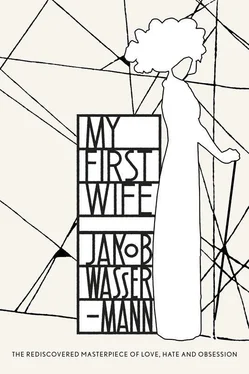
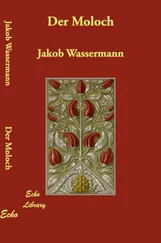
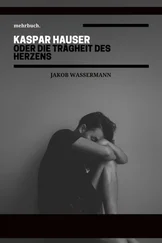

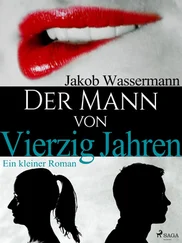
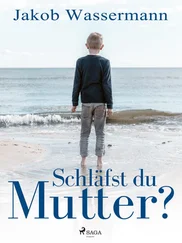
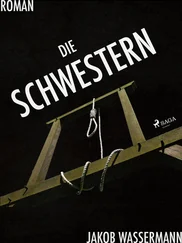
![Jakob Wassermann - Issue Does Not Exist],errors:{](/books/585068/jakob-wassermann-issue-does-not-exist-errors-thumb.webp)
